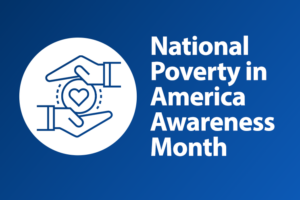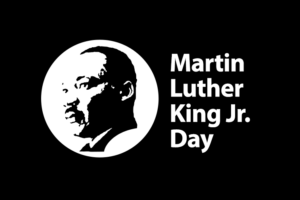Sarah Ford | October 24, 2013
New Survey Finds That Most Teens Don’t Drink Alcohol
A new survey of high school students shows that three out of four (77 percent) don’t drink alcohol.
As part of Red Ribbon Week (October 21-25, 2013) — a nationally-observed week during which schools and communities help raise awareness about the dangers of drugs and alcohol among youth — MADD and State Farm are highlighting the finding that most teens are making smart decisions about alcohol.
According to the September 2013 survey of 695 high school students nationwide, the top five reasons why teens choose not to drink are:
- It’s illegal
- Effect on health
- Effect on grades
- Parents don’t approve
- Don’t want to be like others who drink
In addition, over half of the teens surveyed said that they’d be less likely to be friends with, or date, someone who drinks underage.
As adults, we know how dangerous underage drinking is for our kids, but these new survey results show that teens are getting the message too. MADD and State Farm are partnering to reinforce this positive message during Red Ribbon Week in an effort to influence the 23 percent of teens who do drink, to make smarter choices.
While these survey results provide some positive news, the reality is that 4,700 people still die each year as a result of underage drinking — more than all other drugs combined. That’s why MADD created the Power of You(th) program to empower teens to avoid alcohol before age 21, in part by helping to promote a positive social norm.
Source: MADD.org
Get Resources and Insights Straight To Your Inbox
Explore More Articles
Open Position: Customer Service Coordinator (Remote-Part Time)
Position Title: Customer Service Coordinator (Remote – Part Time) Department: Charitable Funds Management Solutions We are a non-profit charitable organization looking for skilled individuals who…
Read ArticleGet Resources and Insights Straight To Your Inbox
Receive our monthly/bi-monthly newsletter filled with information about causes, nonprofit impact, and topics important for corporate social responsibility and employee engagement professionals, including disaster response, workplace giving, matching gifts, employee assistance funds, volunteering, scholarship award program management, grantmaking, and other philanthropic initiatives.





